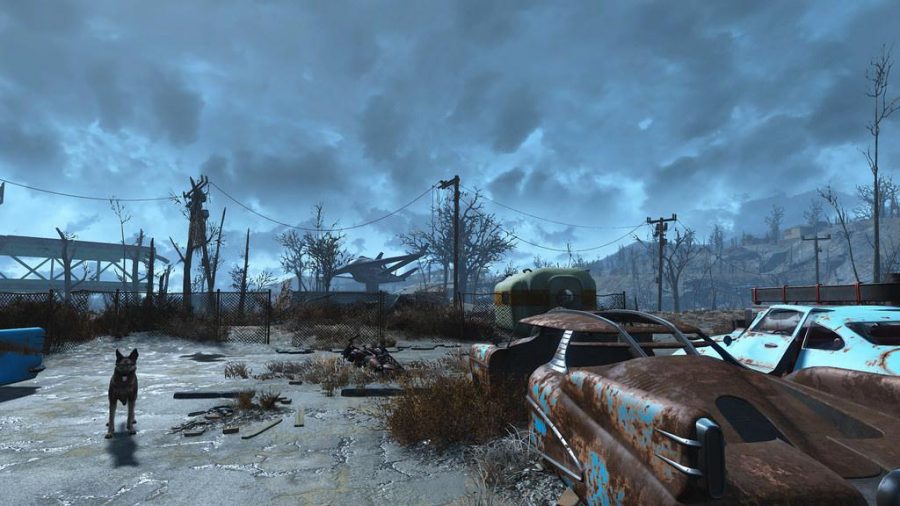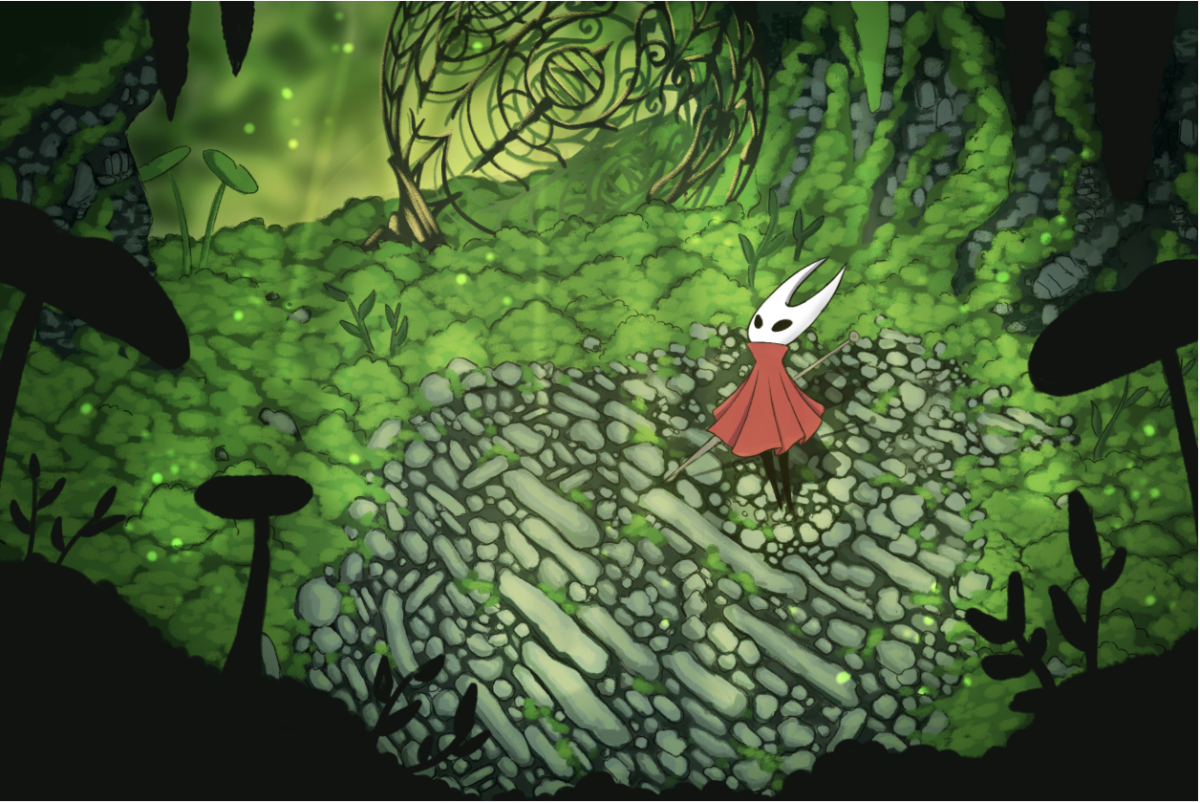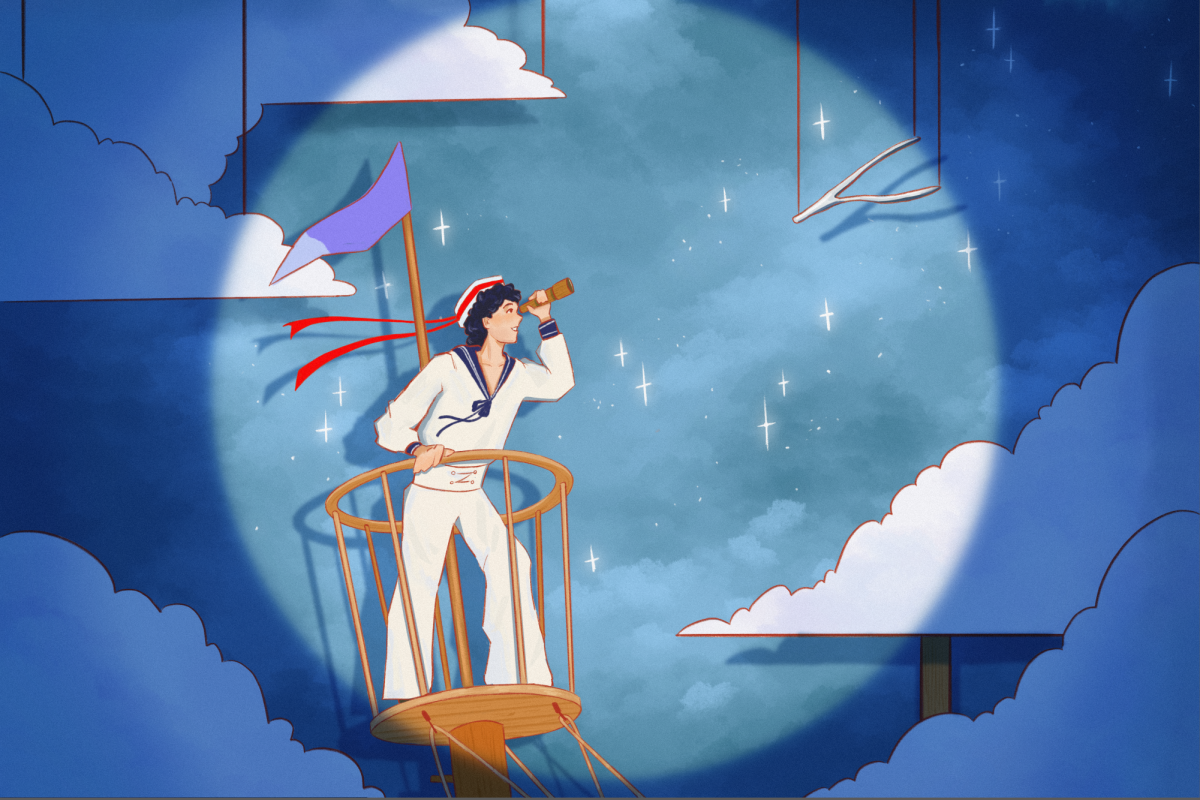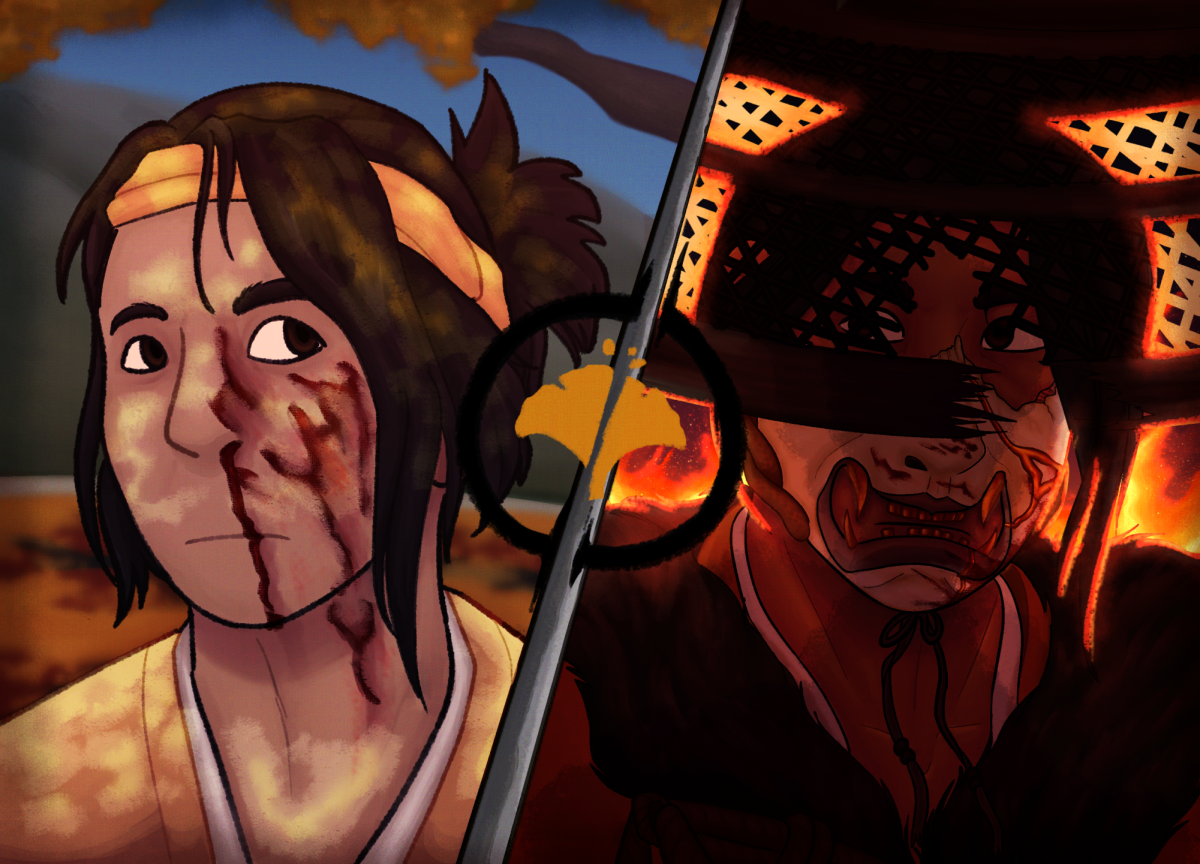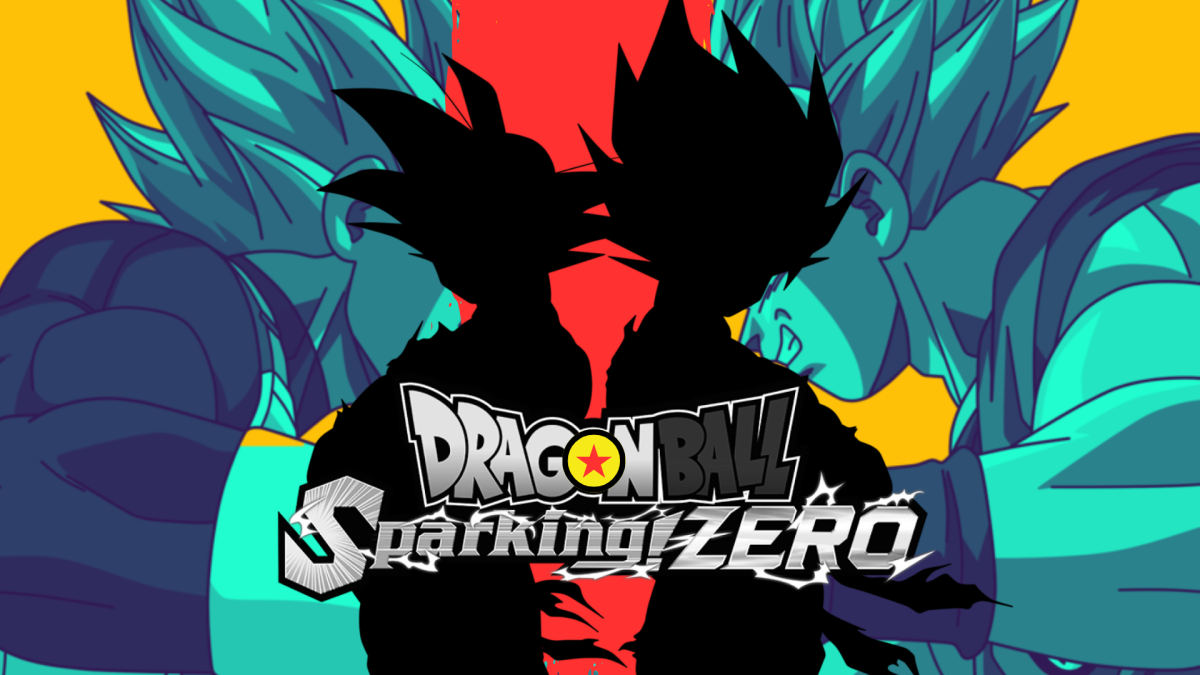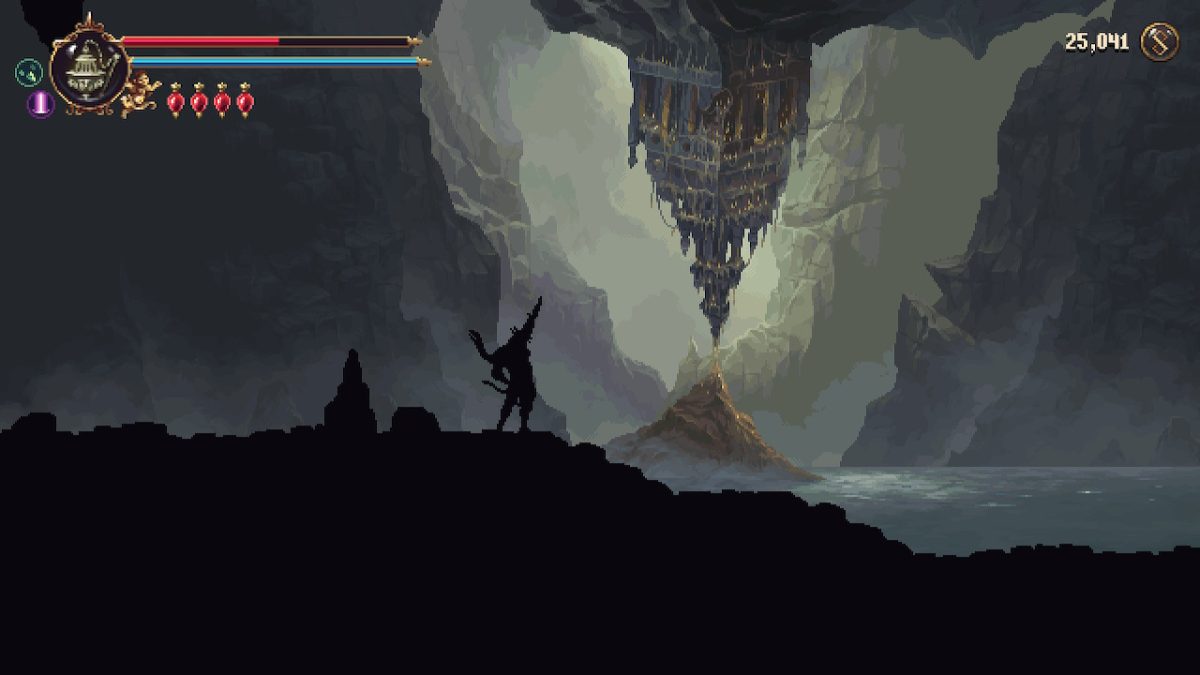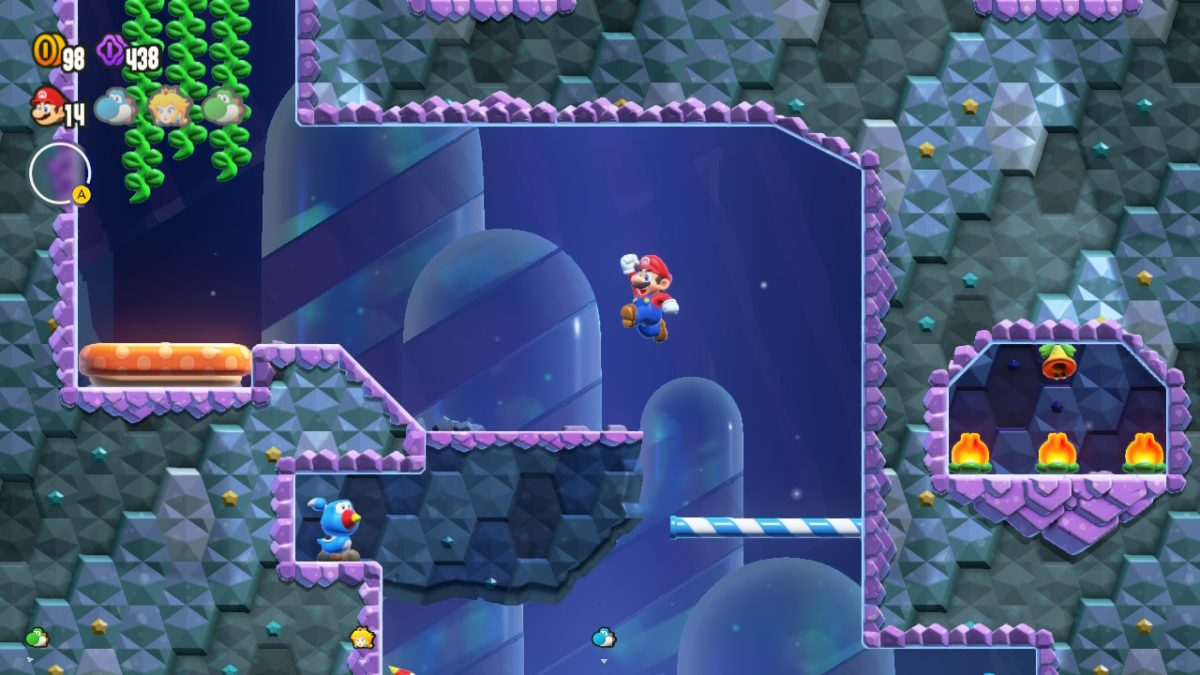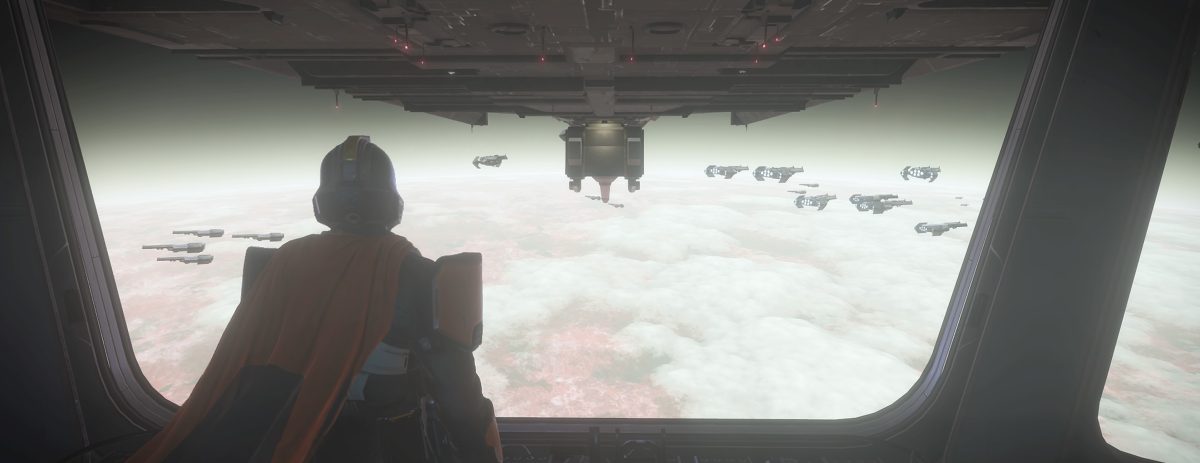Over the spring break, I wanted to play a game that gave me a deep immersion—something I could sink myself into for several hours and be swept up in its world. I ended up with Elite Dangerous, a space flight simulator that replicates the Milky Way galaxy in all of its massive glory. Over 100 billion star systems scatter the map, even with our very own Sol included. Soon after, however, I learned that Earth was not one of the many bodies which could be traversed in the land rover that the game provides you with. This wasn’t exactly a surprising discovery; after all, the planetary travel aspect would require a lot of processing power to replicate something like the Earth’s surface. Yet it had me thinking: does the scale of this game really show anything about its quality? Would it be better if there was painstaking effort put into allowing me the ability to roam what I already can walk around on?
Companies use the scales of these open worlds that they’ve made as a selling point, but more often than not such a boast is usually followed by an empty wasteland. It feels like there’s nothing to explore, and what is there feels like the last three places you just visited. Bethesda has had a long standing reputation for these tactics. In both their Fallout and Elder Scrolls series, they sell hard on the fact that their latest is far bigger than anything they’ve ever done. In the case of “Skyrim,”one cave system will provide the same experience as the rest, with only a few noteworthy variances such as enemies or shifting into a different dungeon theme that only becomes just as repetitive as the rest over time.
One might argue that the objective in this style of an open world is to allow each player to have a separate but similar experience. What usually happens is a focus on the development of the character; immensely sprawling upgrade systems that lend themselves to multiple playthroughs are common in American role playing games (RPG). However, sometimes there is a lack of focus altogether. The infamous No Man’s Sky had one selling point: its massive, randomly generated universe, which was devoid of any heart or real variety. Last year’s Zelda: Breath of the Wild was brimmed with over a hundred mini-dungeons, miniscule rewards for completing them, and an overall unfulfilling endgame.
There is a lot to be learned from System Shock 2, which may be the founder of the first-person RPG style. It’s a game I have only recently completed. Released in 1999, System Shock succeeded so well in what it did for many reasons. For one thing, its world was contained within finite parameters; understanding more about what was outside of the game area would come from collectible expositional tapes and the player’s imagination. And because the game’s route is defined more clearly than others, a replay seems more plausible and the complex upgrade system is able to be enjoyed more freely. It doesn’t really matter that the game world doesn’t change because the focus was how you played the game, not what you played.
There is an interesting dichotomy between how you play a game, and what you are actually playing. A divide in this sense might also be determined by either American or Japanese productions. While a Japanese RPG will usually allow you to fill each necessary role with its own character, American RPG’s will usually allow one player character to fulfill many different roles. Now, looking at the scale of Japanese RPG’s, we will see that (usually) the massive world is defined by its landmarks. Again, the focus of the game becomes the battle system within these unique and colorful spaces. Smaller areas with a more precise intent seems to be the consensus on a more enjoyable game.
Intent is really the keyword of this topic; understanding what you want your game experience to be and what you want your players to accomplish will have them do it more thoroughly. The purpose of Elite Dangerous is to simulate the Milky Way and have you immersed in its politics and powerplay. Some virtual star systems only have just that: a star. If there were any effort put into replicating a futuristic Earth, it would detract from what the developers want you to be doing. The focus is not to provide you with something to do in every nook and cranny of the world, but something to accomplish within the entirety of the world.


